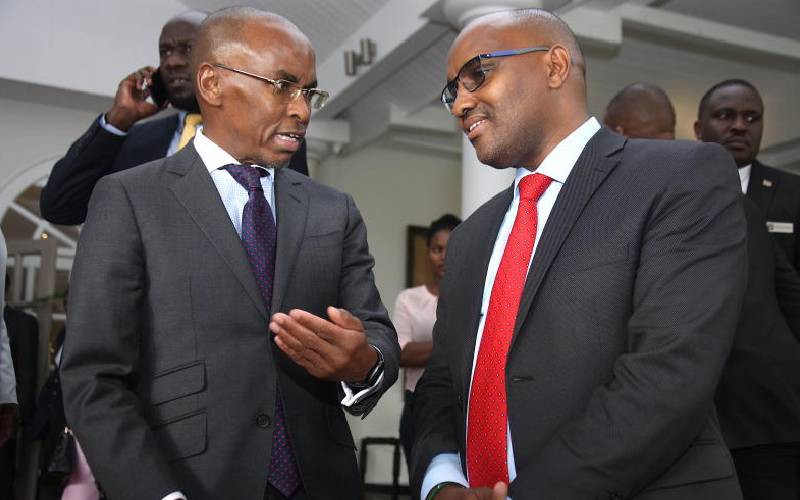×
The Standard e-Paper
Fearless, Trusted News

The last of the Covid-19 relief measures instituted by the government could soon come to an end.
Telecommunications service provider Safaricom says it will soon hold talks with the Central Bank of Kenya (CBK) on the need to reinstate charges on bank-to-mobile money wallet transactions.